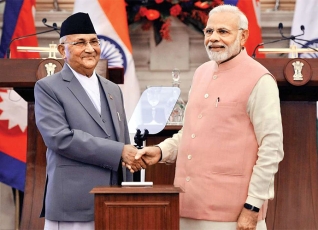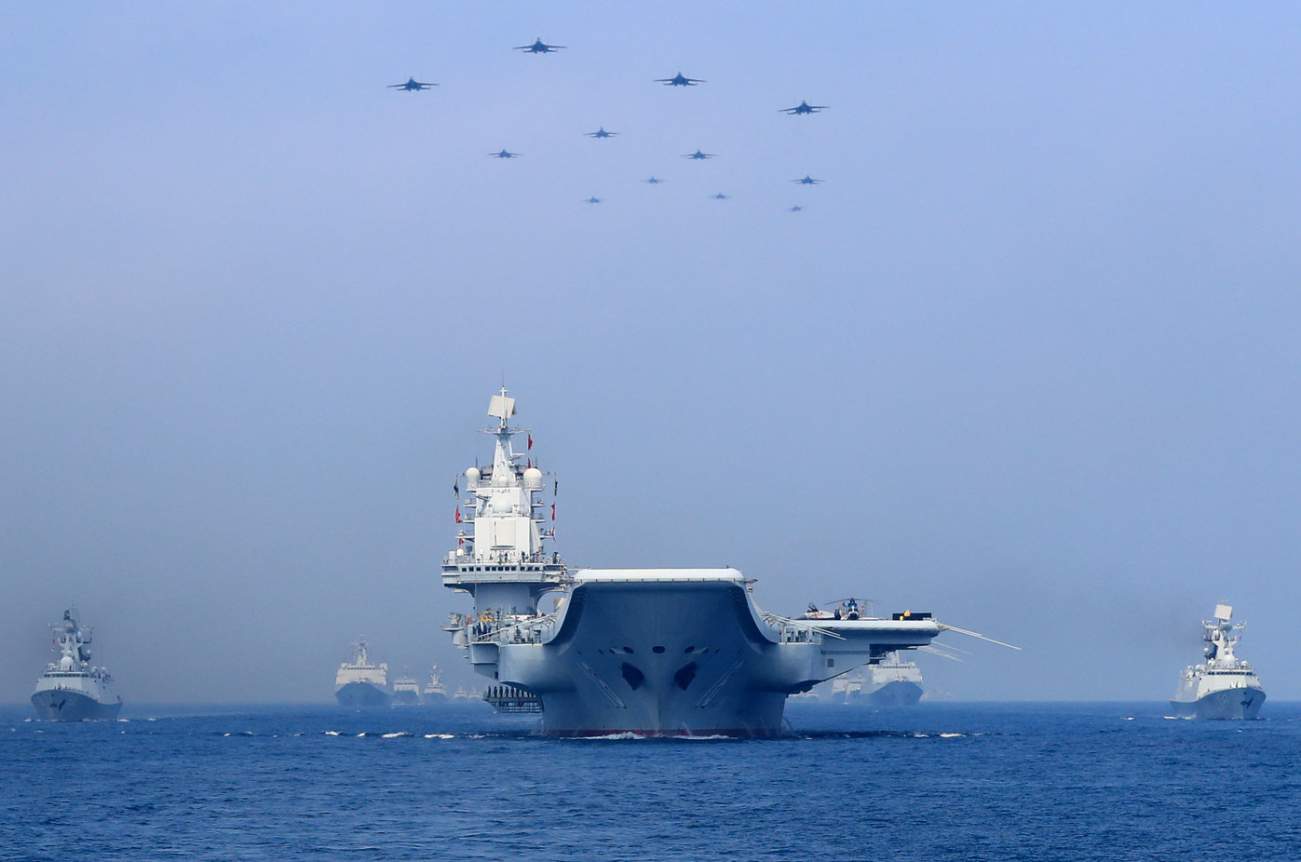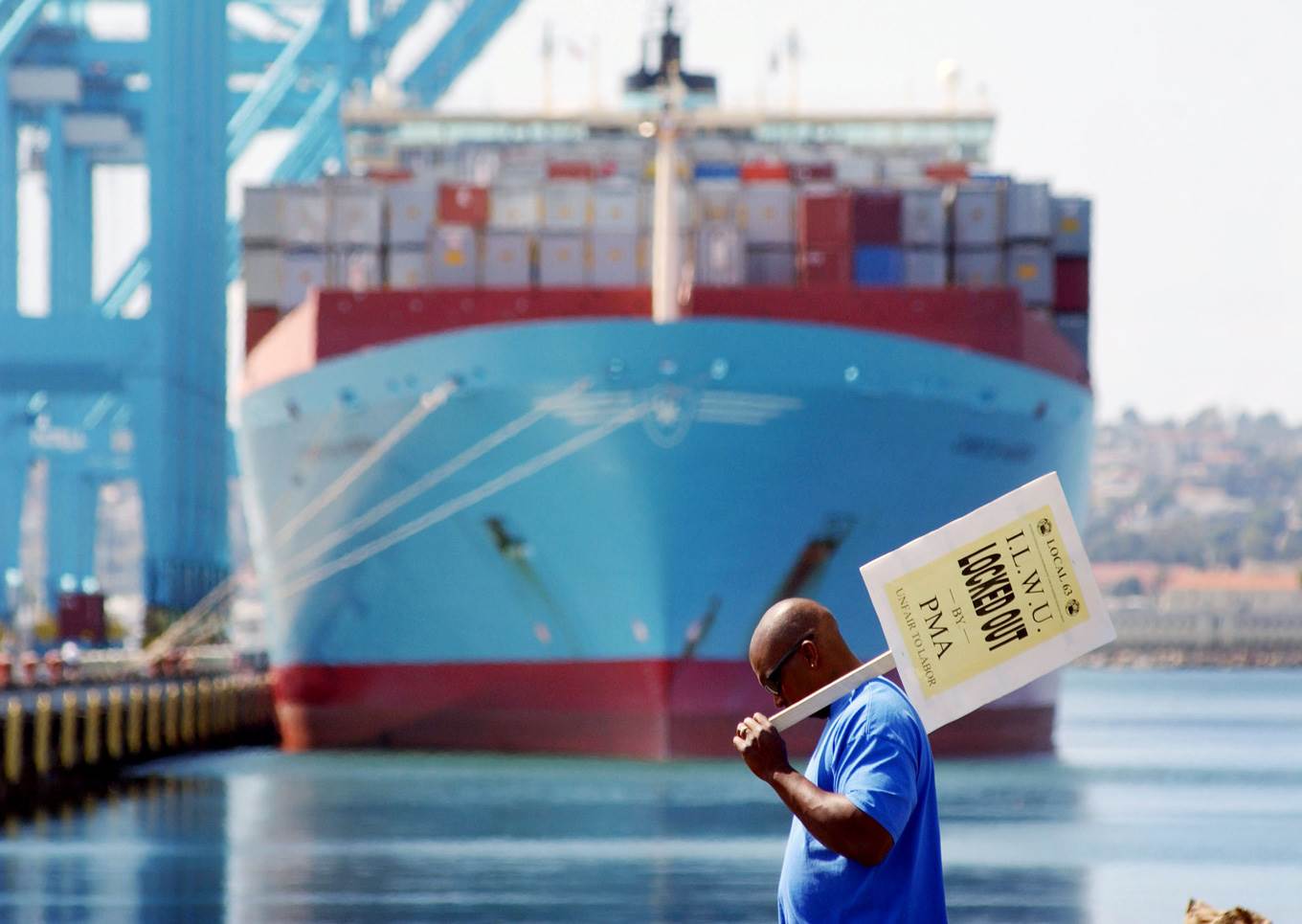Nilesh Desai
 Fishermen can now be alerted about natural disasters and position of the International Maritime Boundary Line while they are at the sea using the NaVIC system, a home-grown GPS, a senior ISRO scientist said Friday. This will help in loss of lives of fishermen and alert them from entering the waters of the neighbouring countries, he said. The system was developed after the Kerala government approached the Indian Space Research Organisation (ISRO) following the Cyclone Ockhi that claimed lives of fishermen who did not get timely information about the approaching disaster in December last year. Nilesh Desai, Deputy Director of the ISRO’s Space Application Centre, Ahmedabad said the low-cost device can also give information about the location of fish available in the sea.
Fishermen can now be alerted about natural disasters and position of the International Maritime Boundary Line while they are at the sea using the NaVIC system, a home-grown GPS, a senior ISRO scientist said Friday. This will help in loss of lives of fishermen and alert them from entering the waters of the neighbouring countries, he said. The system was developed after the Kerala government approached the Indian Space Research Organisation (ISRO) following the Cyclone Ockhi that claimed lives of fishermen who did not get timely information about the approaching disaster in December last year. Nilesh Desai, Deputy Director of the ISRO’s Space Application Centre, Ahmedabad said the low-cost device can also give information about the location of fish available in the sea.












/arc-anglerfish-arc2-prod-mco.s3.amazonaws.com/public/7DUZOZM5VVEINIGL3H5IOKZB3M.jpg)

/arc-anglerfish-arc2-prod-mco.s3.amazonaws.com/public/6KK3MTGWJNFQBIF3ZJ5FVDBAN4.jpg)
/arc-anglerfish-arc2-prod-mco.s3.amazonaws.com/public/H24UPV752NC6BFP23BSAAP3EQE.jpg)

